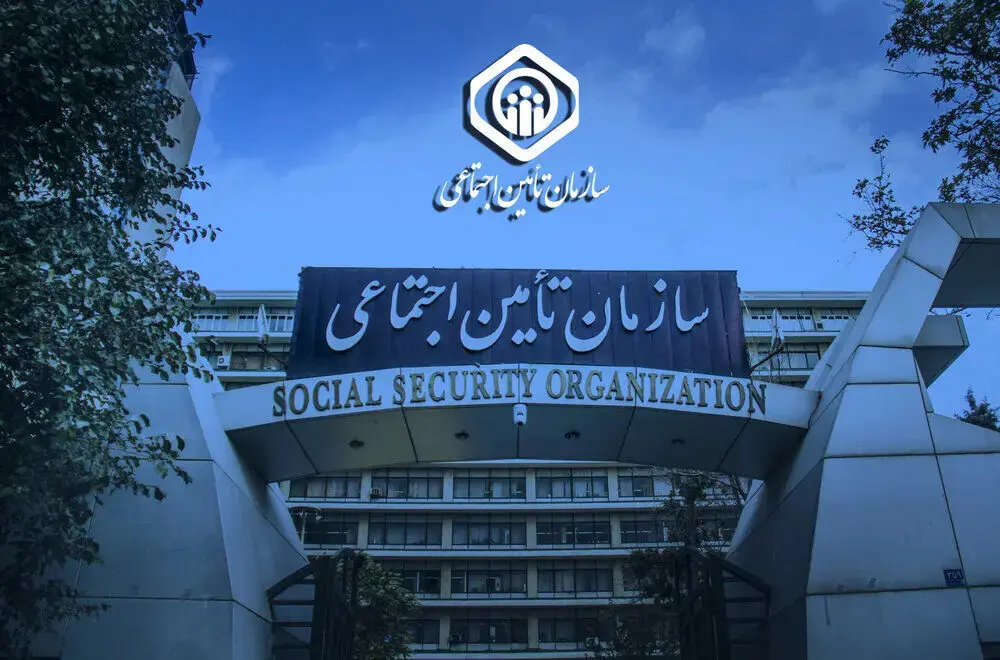
Title: Landmark Initiative: Social Security Organization Implements Phased Plan to Settle Pensioner Back Payments
In a significant move to address the financial concerns of its retirees, Iran’s Social Security Organization (SSO) has announced a comprehensive, multi-stage plan to settle outstanding pension payments. This initiative, developed in coordination with the government, underscores a commitment to honoring financial obligations to citizens who have served the nation.
Understanding the Back Payments
The outstanding payments, or backlogs, refer to legally mandated financial entitlements that have accumulated over time. These include arrears from salary increments, annual bonuses, and other statutory benefits that were delayed due to a confluence of administrative and budgetary factors.
Scope of the Settlement
According to SSO assessments, the average backlog for pensioners in the current Iranian year (1404) is estimated to be between 3 to 7 million tomans per individual. The specific amount varies based on the retiree’s classification:
- Minimum-wage pensioners: Estimated arrears of 2 to 4 million tomans.
- Other pensioners: Arrears may reach 7 million tomans or higher.
- Retirees from arduous and hazardous professions: This group is slated to receive settlements commensurate with their specific conditions.
A Structured Payment Timeline
The organization has outlined a clear schedule for the settlement process, prioritizing retirees with lower incomes. The disbursement of these funds is slated to begin in the month of Shahrivar and continue through the end of the autumn of 1404, ensuring a systematic and orderly resolution.
Transparency and Access for Retirees
To ensure full transparency and ease of access, the SSO has directed pensioners to its online services portal (eservices.tamin.ir). Through this platform, individuals can review detailed statements of their specific arrears, including the timing and nature of the forthcoming payments.
Broader Implications
The settlement of these back payments is more than a financial transaction; it is a crucial step in reinforcing the social contract and strengthening pensioners’ confidence in the national social security system. Attending to the well-being of retirees, who have contributed years of service to the country’s progress, remains a high-priority issue for the state. This phased plan demonstrates a structured and serious approach to resolving this sensitive and important societal matter.


